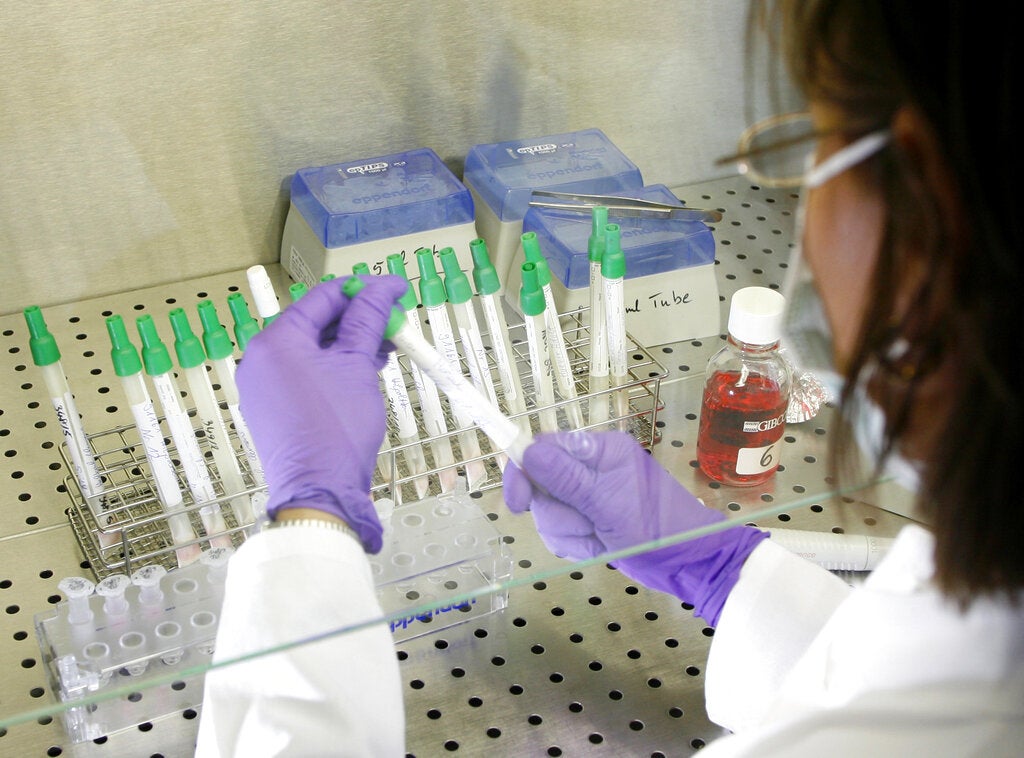The state Department of Agriculture, Trade and Consumer Protection is reporting a lull in cases of a devastating virus that has killed millions of pigs nationwide.
Porcine Epidemic Diarrhea Virus is a pig disease found mainly in Europe and Asia that causes extreme cases of diarrhea. For piglets with the disease, the fatality rate is around 90 percent.
Dr. Paul McGraw, the Wisconsin state veterinarian, said PEDV was first detected in the U.S. last spring and spread quickly.
News with a little more humanity
WPR’s “Wisconsin Today” newsletter keeps you connected to the state you love without feeling overwhelmed. No paywall. No agenda. No corporate filter.
“Late April, early May was the first time it was reported in this country,” said McGraw. “In less than a year it has spread to 30 states (and) thousands of premises and (is) estimated to have killed more than 6 million pigs.”
In Wisconsin, there have been 18 confirmed cases from pig farms as of this summer, though there’s no data on how many pigs have been killed.
According to McGraw, however, no new cases have come up since reporting of the disease became mandatory in June.
“The main thing is in the summer, due to the …warmer weather (and) sunshine, we may not be getting nearly as much spread as there was previously,” said McGraw.
Tammy Vaassen, the director of operations for the Wisconsin Pork Producers Association, said changes in how the industry ships pigs and cleans equipment is also likely playing a role in slowing the spread.
“We’re hoping … that when we get into fall that maybe we will have gotten things under control a bit more, but we do anticipate there will probably be cases coming into cold weather again later this year,” said Vaassen.
According to the U.S. Department of Agriculture, there have been more than 5,500 cases of PEDV reported since it was first detected in the U.S.
Wisconsin Public Radio, © Copyright 2026, Board of Regents of the University of Wisconsin System and Wisconsin Educational Communications Board.







